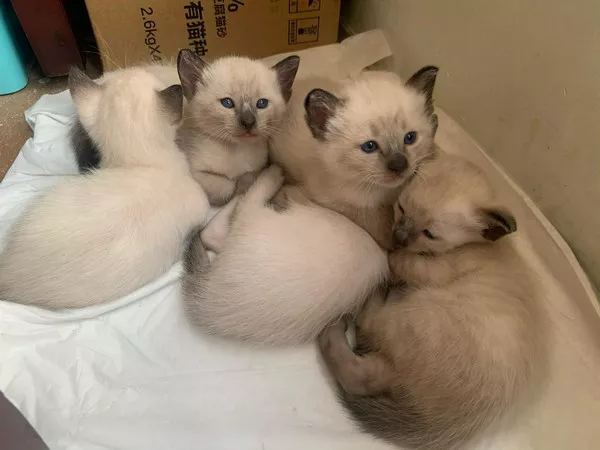A Tasman farmer is advocating for more stringent regulations on cats after a severe toxoplasmosis outbreak wreaked havoc on his sheep flock, resulting in losses amounting to $14,000.
Lloyd Faulkner, a veteran farmer in the Tapawera region with 65 years of experience, expressed astonishment at the extent of the toxoplasmosis outbreak, describing it as “devastating.”
Faulkner stated, “We’ve always had a bit of toxo, but nothing like this.” Out of 146 ewes, only 37 managed to give birth due to the outbreak, while the rest perished. Faulkner characterized the situation as emotionally draining, with the arduous task of collecting deceased lambs becoming a daily routine.
The financial implications of this loss were significant, and Faulkner conservatively estimated that he would face losses of at least $14,000.
Toxoplasmosis is an infection caused by a tiny parasite that relies on a cat‘s digestive system to complete its life cycle. The parasite’s eggs are excreted in cat feces, making it possible for the infection to spread to warm-blooded animals, including birds, sheep, goats, and marine mammals like the endangered Hector’s and Māui dolphins.
Infection in humans can occur through the ingestion of the parasite’s eggs from the environment or through tissue cysts in undercooked meat from an animal that was previously infected.
Faulkner’s farm is situated near the Tapawera Wastewater Treatment Pond, and he suspects that toxoplasmosis may have spread through flushed contaminated cat litter carried by ducks that swim on the pond’s surface.
However, he also believes that feral cats in the vicinity could have been a source of the infection. Tasman is estimated to have at least 28,000 feral cats.
Faulkner is calling on the Tasman District Council to raise awareness about the effects of toxoplasmosis and discourage people from flushing cat litter down the toilet. He also advocates for stricter cat control measures.
His proposal aligns with the ongoing development of the council’s cat management bylaw, which is expected to include microchipping but not mandatory desexing. The council is focused on engaging the community in a safe and agreed-upon manner. Environmental information manager Rob Smith emphasized that microchipping would be the initial step, with desexing potentially considered at a later stage.
The Tasman District Council, in collaboration with Nelson City Council, is also working to include feral cats in their joint pest management plan, although feral cat control would be limited to specific, high-value sites.
SPCA scientific officer Christine Sumner emphasized the importance of reducing the number of cats near food and water supplies for farmed animals to mitigate the risk of toxoplasmosis transmission. She noted that a single cat can shed numerous toxoplasmosis eggs, which remain infectious for an extended period.
Sumner also advocated for the proper disposal of cat litter in landfill rather than flushing it down the toilet.
Tasman District Council does not plan to conduct toxoplasmosis testing in the wastewater treatment pond near Faulkner’s property due to the absence of a standardized test for the disease in wastewater that could yield validated results.

























